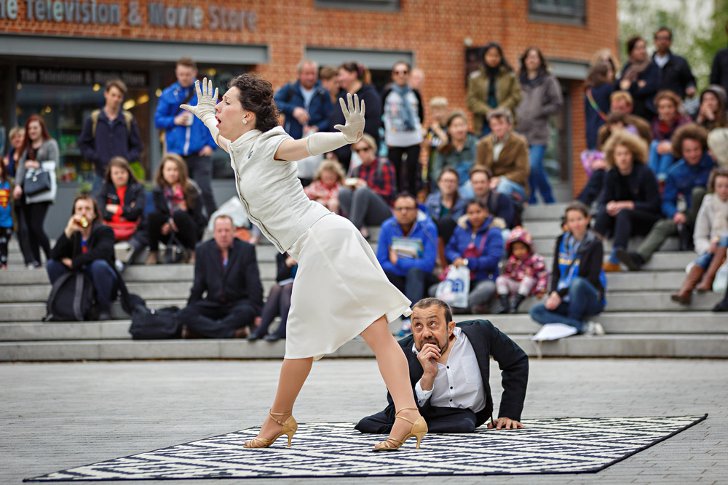In 1771, Benjamin Gooch and William Fellows founded the Norfolk and Norwich Hospital, a charitable institution designed to take care of “the poor and the sick”. The festival was conceived in 1772 as a musical fundraiser for the hospital. It was officially established as a triennial event in 1824 to support the ongoing construction of the hospital. Its program included large scale choral works performed in St Peter Mancroft and St. Andrew’s Hall.
The Norfolk and Norwich Festival continued to grow throughout the Victorian and Edwardian period. Noted premieres from this period include Sea Pictures by Edward Elgar, Rhapsody No. 2 by Ernest John Moeran, Enter Spring by Frank Bridge, Job: A Masque for Dancing by Ralph Vaughan Williams, Morning Heroes by Arthur Bliss, and Our Hunting Fathers by Benjamin Britten. Past musical directors include famous conductors such as Henry Wood, Malcolm Sargent, Thomas Beecham, Vernon Handley, and Norman Del Mar.
Originally held every three years, the Norfolk & Norwich Festival became an annual event in 1988. The festival shifted its focus from classical music and its program expanded to include other forms of art such as dance, theater, contemporary music, visual arts, literature, circus, outdoor arts, etc. The Norfolk & Norwich Festival features prominent artists from all over the United Kingdom and abroad, offering a rich and diverse programming curated by the artistic director.
What started as a local fundraiser has grown to become the flagship arts festival in the East of England and one of the biggest international arts festivals in the United Kingdom. It is known for its inspiring and innovative programming and commissioning as well as for developing art opportunities for children and young people. The event is funded and supported by Norwich City Council and Arts Council England.

Photo: nnfestival.org.uk




